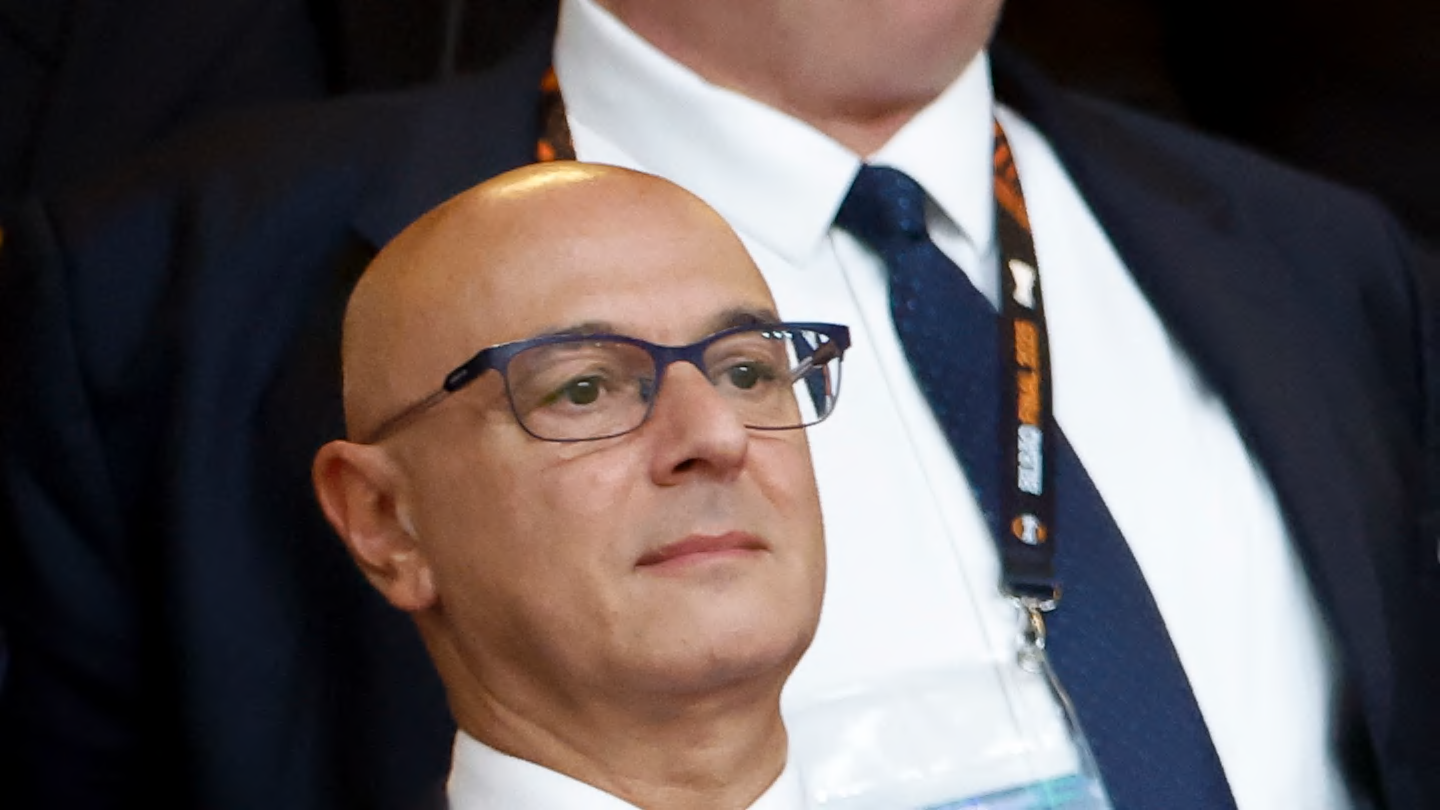Spurs fans will never get to find out if Ange Postecoglou's claim that season three is always better than season two is true.
In yet another questionable decision by the Tottenham Hotspur board and Daniel Levy, Postecoglou has been sacked. This comes after he delivered something that "serial winners" Jose Mourinho and Antonio Conte couldn't: silverware.
Daniel Levy is anything but a fan favorite. As chairman of Tottenham Hotspur Football Club, he has made many questionable moves, but the decision to sack a manager after a trophy-winning season, something the club has been starved of under his leadership, is the worst one yet.
Season one
Postecoglou captured the hearts of Spurs fans as "Angeball," a free-flowing, attack-minded style, took the Premier League by storm early in his first season. The style led to an unbeaten run of 10 games, including eight wins and two draws.
However, after such a promising start, the wheels slowly fell off, and Spurs finished the season in fifth place, narrowly missing out on Champions League football.
One of the biggest reasons for the sudden drop in form was Postecoglou's unwillingness to adapt his all-out attacking style when needing to see out a game or dealing with injuries in the squad.
These serious tactical flaws raised some questions about whether Postecoglou was the right man for the job.
Season two
Heading into season two, Postecoglou famously said he always wins things in his second season. However, following an opening game draw against newly promoted Leicester City and an up-and-down start to the League campaign, questions began to surface around that statement.
Through injury and lack of tactical adaptability, Spurs flirted with relegation, losing a staggering 22 league games and finishing in 17th place, one of the worst League campaigns for the club ever.
If that were the end of the season, Postecoglou would have been rightfully sacked, but he never lost the dressing room. Despite poor performance after poor performance, the players still believed in their manager.
Realizing that winning the League was out of reach, Postecoglou turned his attention to the Europa League, where he demonstrated significant tactical growth.
In season one, Postecoglou was stuck in his ways and refused to adapt, costing him some points that might have helped his side finish higher in the table.
But the second leg of the quarter-final against Eintracht Frankfurt saw a team and manager that knew exactly how to get the job done away from home.
In the past, the Spurs side would have kept pushing, attacking, and leaving gaps in defense that could be exploited and cost them the tie.
But this time, they shut up shop and played a defensive style, trying to frustrate their opponents, and despite having only 39 percent possession at the end of the game, they saw out a 1-0 win and advanced in the competition.
Not so Spursy
Spurs have had the nickname "Spursy" when it comes to playing in big games, and rightfully so, they hadn't won a trophy since 2008 and tripped many times at the finish line.
However, after reaching the Europa League final to face Manchester United, Spurs were anything but "Spursy."
Once again, on the big night, Postecoglou showed his ability to adapt and be ok with losing a bit of control. Tottenham scored right before halftime and defended for their lives in the second half.
They ended the game with just one shot on target and a possession percentage of only 28. But it didn't matter. Everything about their performance was professional. They defended as a team, picked up tactical fouls, time wasted when necessary, and had just enough passion to keep a clean sheet, lifting their first trophy since 2008.
Season three canceled too soon
The way the team overcame the adversity of injuries to win the final showed a real togetherness in the squad and belief in the manager despite poor league form.
Additionally, Postecoglou demonstrated growth in season two. The potential of "Angeball" was evident early in season one, but an unwillingness to adapt to the situation saw the rip-roaring style lose some of its bluster. In season two, Spurs struggled to hit the ground running, and Postecoglou adapted to the problem, something he wouldn't have done in the previous season.
The transformation in style led to a trophy being delivered back to White Hart Lane, the ultimate goal of every club.
Following the highly entertaining style in year one and a pragmatic approach in year two, the potential was there for Postecoglou to put both together in season three. With the right signings in the summer, it could have made for a special season and beyond.
Who's next?
